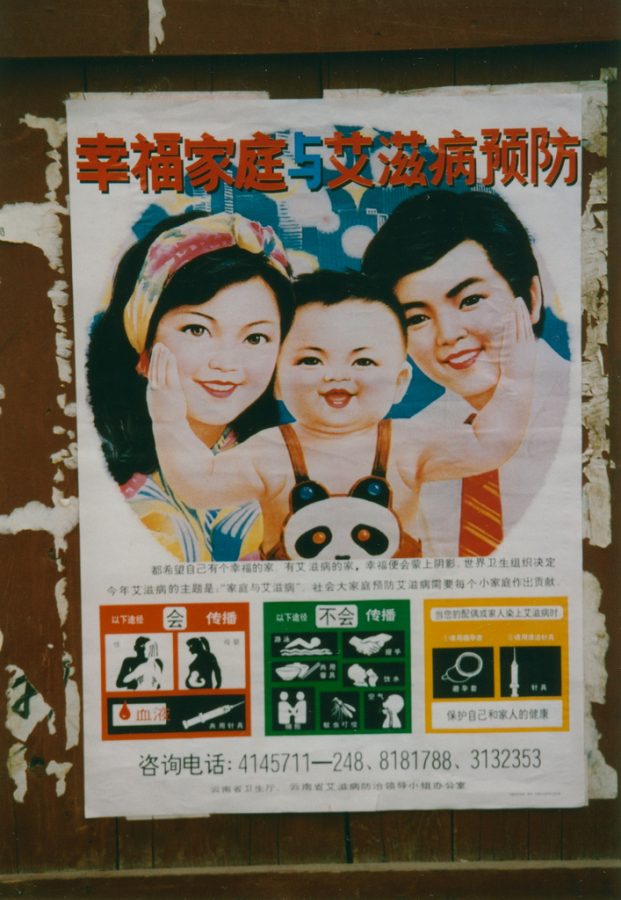Millions of missing Chinese girls found at last
Posted on a street in China, this advertisement for the one child policy is one of many. This one child policy has lead to between 30 and 60 million girls going unregistered, leaving them without medical treatment and many other necessary services.
December 9, 2016
For over 35 years, China had a one child per family policy that lead to between 30 and 60 million ‘missing girls’ from census data. These girls were believed to have been aborted or killed after birth because of this policy, causing a massive loss of females and hugely changing the sex ratio in China. John Kennedy of the University of Kansas and Shi Yaojiang of Shaanxi Normal University recently went to China to study the phenomena and found that these girls were not dead or non-existent, just not registered. Another issue with the one child policy was that it was difficult to enforce because local officials did not want bad blood with people in their community. This lead China to finally change the policy, allowing families to have two children.
Families in China have been finding ways around these policies for decades. Many rural families would register their daughters between the ages of 10 and 20, allowing the true cause of these missing girls to go unnoticed for decades. Another cause to why this went unnoticed for so long is that in more rural parts of China, government officials ignored that some girls were unregistered in order to keep good faith with the local people. The alternative to leaving a child unregistered is pay hefty fines, in order to obtain the hokou, which is the Chinese registration document. Not having a hokou means having no access to schooling, medical treatment, train or plane tickets or a marriage licence. Junior Christina Billman said, “I believe that it is inhumane that people are forced to leave children unregistered, causing children to go without necessary schooling and medical treatment.”
The reason that it is only girls that are going unregistered is the desire for boys that is rooted in Chinese history and out of necessity. Boys have also been more favorable because they are seen as more able to take care of their parents when they become elderly, while women are more likely to disassociate from their parents once they are married or have families of their own. In rural areas, boys can be a necessity to take care of family businesses and farms.
The lack of care in education of these “missing girls” will, no doubt, have an effect on the gender relations in China. The changing of the one child policy is a step towards reconstructing the sex ratio and improving female lives in China, but this will have been a generation unlike any other.












